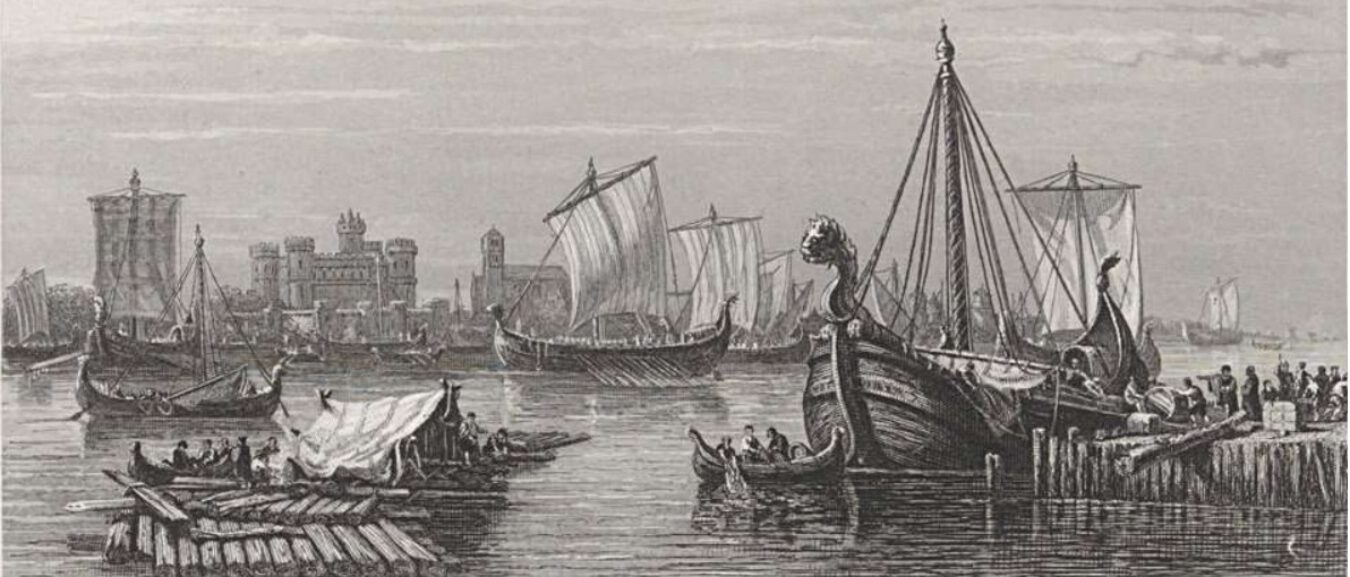Ásatrú is a modern revival of the pre-Christian religion of the Germanic peoples, primarily the Norse and Icelandic peoples. The term Ásatrú means “faith in the gods” and is derived from two Old Norse words, ása meaning “gods” and trú meaning “faith” or “belief.”
Ásatrú is a polytheistic religion that recognizes a pantheon of gods and goddesses, including Odin, Thor, Freyja, and many others. These deities are seen as distinct personalities with unique qualities and powers, and are often associated with natural phenomena or aspects of human life.
The modern Ásatrú movement began in the 1970s and 80s, primarily in Iceland and Scandinavia, but has since spread to other parts of the world, including the United States. Ásatrú practitioners generally emphasize a connection to their ancestral roots and a reverence for the natural world, and often incorporate rituals, festivals, and other practices that are inspired by ancient Germanic traditions.
Ásatrú has been criticized by some for its associations with far-right and white supremacist groups, but most Ásatrú practitioners reject these ideologies and emphasize the inclusive and non-discriminatory nature of their faith. Ásatrú has also been recognized as an official religion in some countries, including Iceland and Norway.

